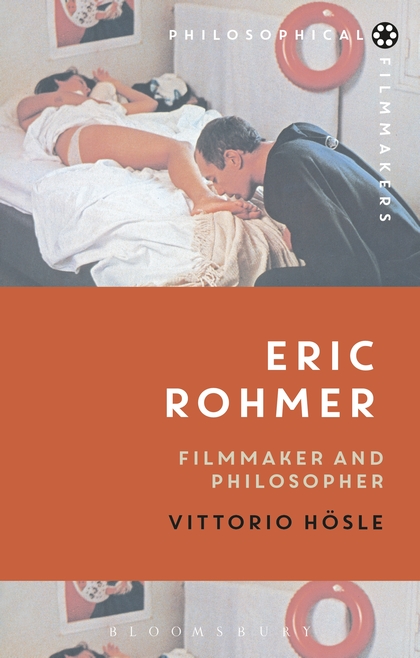 |
Eric Rohmer: filmmaker and philosopherVon Vittorio Hösle2016 | Bloomsbury (externe Seite) Exemplar verfügbar: Ja Sprache: Englisch Seiten: 216 ISBN: 9781474221153 Rohmer is one of the most popular French directors of the second half of the 20th century, one of the members of the famous Nouvelle Vague that reconstituted French cinema based on the theoretical principles articulated in the Cahiers du Cinéma – from whose editorship he was fired when the conservative Catholic opposed its turn toward politicization. Like some of his colleagues, Rohmer is extremely interested in both the history and the philosophy of film: Brother of the noted French philosopher René Scherer, he begins his career as a film critic In his films, deep moral conflicts as well as the search for one's own identity emerge from the intricacies of seemingly superficial everyday life interactions, particularly between a man and a woman. Preface |



